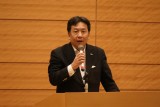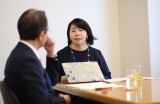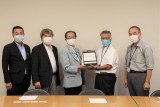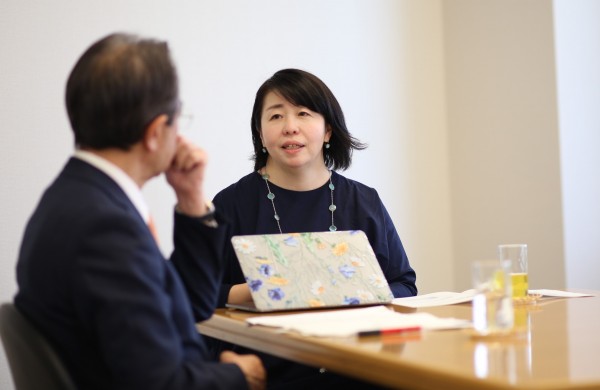2020年8月12日
Leader Edano's Speech at a nuclear disarmament conference in Hiroshima
Yukio Edano, Leader of the Constitutional Democratic Party of Japan, made the following speech at the symposium 'What should Japan do now for the Abolition of Nuclear Weapons' held in Hiroshima on August 5th by the Japan NGO Network for Nuclear Weapons Abolition to mark the 75th anniversary of the atomic bombings.
The following is his full speech:
What should Japan do now to abolish nuclear weapons?
At the outset, I would like to begin by saying that as we mark the 75th anniversary of the atomic bombings, I am pleased to see representatives of all political parties and groups that make up the Japanese Parliament gathered together here to discuss the abolition of nuclear weapons. I would also like to express my gratitude and respect to the Japan NGO Network for Nuclear Weapons Abolition who made such efforts to realise today’s session.
I also believe that the fact that United Nations Under-Secretary-General Ms Nakamitsu will attend the Peace Ceremonies in Hiroshima and Nagasaki, despite the difficulties of travel due to the COVID-19 pandemic, demonstrates the strong desire and enthusiasm of the United Nations toward the abolition of nuclear weapons.
As a member of the Parliament of Japan, whose cities experienced the atomic bombings, I would like to express my utmost respect and gratitude to her. Thank you very much.
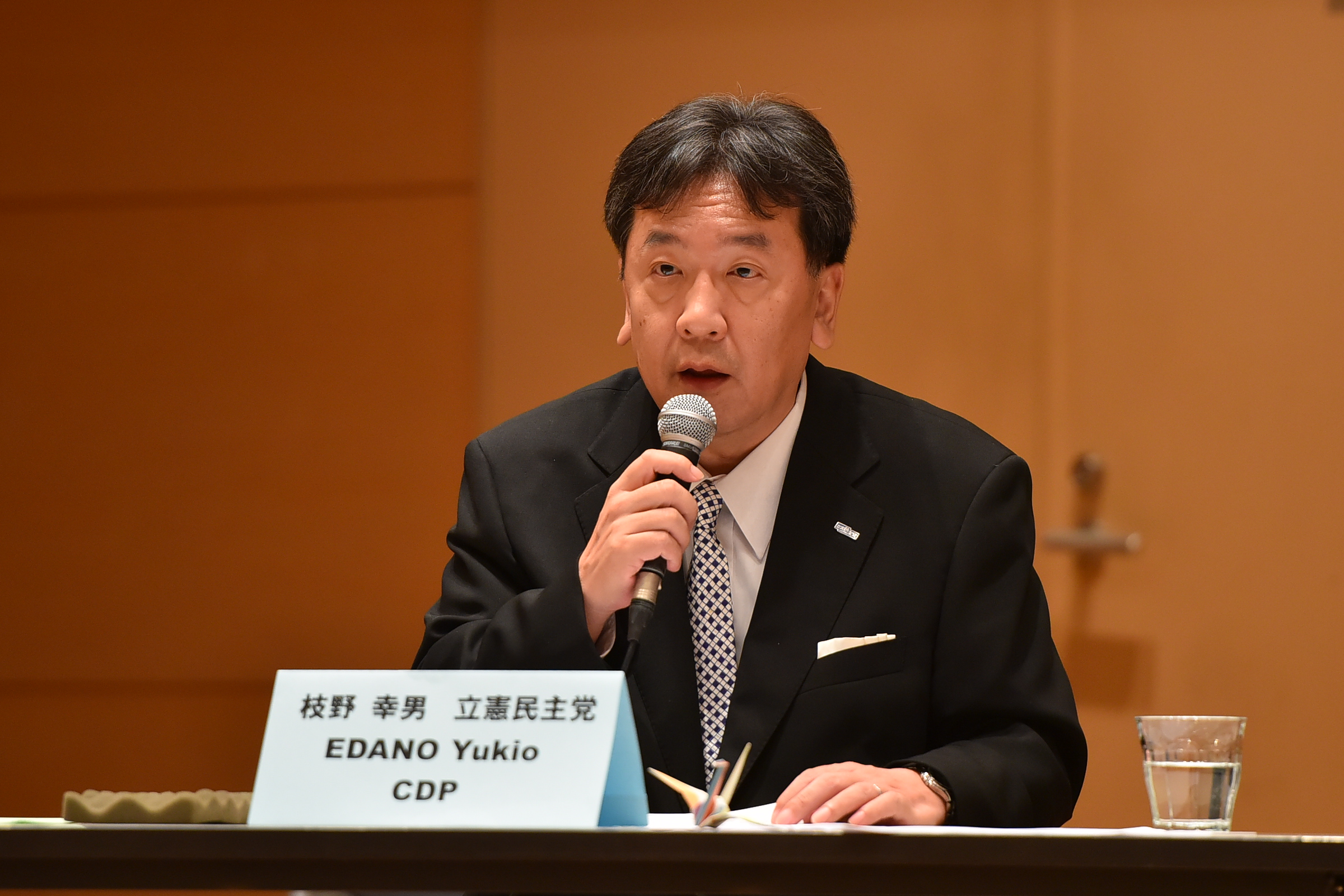
So, what should Japan do now for the abolition of nuclear weapons? As the only A-bombed nation, Japan should act as a bridge between the nuclear weapon states and the non-nuclear weapon states, in order to to stop the expansion of nuclear armament.
The U.S.-Russia Intermediate-Range Nuclear Forces (INF) Treaty has been abandoned, the Iranian nuclear agreement has collapsed, North Korea's nuclear development has not been stopped, and there are border disputes between China and India, and India and Pakistan, states which possess nuclear weapons. The threat of nuclear war is increasing every day.The nuclear powers are modernising their nuclear forces and proceeding to deploy smaller nuclear weapons, or "usable nuclear weapons," as they refer to them.
Compared to the Cold War era, when the US and the Soviet Union – the two superpowers – were conducting arms control, we must recognise that the threat of nuclear war is actually even greater today. We cannot be certain of the result of negotiations on the extension of the New START treaty, which expires next year, and the critical situation surrounding nuclear weapons has only worsened over the past several years.
2009, when US President Barack Obama was awarded the Nobel Peace Prize for his appeal for a world free of nuclear weapons, seems like a very long time ago. I am surprised and deeply saddened by how much the situation has deteriorated in such a short period of time.
Three years have passed since the Treaty on the Prohibition of Nuclear Weapons (TPNW) was adopted at the United Nations by countries that took the nuclear arms race and nuclear disorder seriously. This is a landmark treaty, the first ever to ban the development, testing, possession and use of nuclear weapons.As the only country to have experienced the atomic bombing, and as a country which maintains its Three Non-Nuclear Principles, Japan should respect the spirit of the TPNW and take a leadership role in nuclear disarmament, acting as a bridge between the nuclear weapons states and the non-nuclear weapons states.
The Japanese government still opposes the TPNW, on the grounds that Japan is under the nuclear umbrella of the United States. The security situation in Northeast Asia is unpredictable, and the threat of nuclear weapons poses high tensions in the region, making the building of an international environment a major challenge for the future. In order for Japan to demonstrate leadership in nuclear disarmament, it is necessary to improve the international security environment, and to draw a concrete roadmap for joining the TNPW, while still maintaining our alliance with the United States.
First and foremost, what conditions must be in place to move towards ratification? I propose that the ruling and opposition parties engage in a sincere discussion within the Diet. I propose that we, those gathered here today, work together to transcend our political positions and cooperate in taking a step toward a world free of nuclear weapons.
In terms of our relationship with the United States, I understand that the Netherlands, a NATO member, is holding serious discussions at its parliament as to whether it can join the TNPW while maintaining its alliance with the United States. The Labor Party of Australia, also an ally of the United States, has made joining the TPNW a policy commitment in its election campaign, while also maintaining its alliance with the US. The path to a non-contradictory solution to joining the TPNW while still respecting our alliance with the United States is not closed.
In addition, even if it takes time before ratification, Japan could at least participate as an observer in the meetings of States Parties to the TPNW, which will be convened after the treaty enters into force. Japan could then potentially serve as a bridge to the United States, the United Kingdom, and other nuclear weapons states.
The entire human race is now battling the crisis of the COVID-19 pandemic. It is also said that the global climate change crisis is responsible for the intensification of natural disasters, such as the succession of heavy rains. Humanity must make all efforts to fight both COVID-19 and the climate change crisis. There is no room for human beings to threaten each other with nuclear weapons, or to fight with each ,other as we battle these serious crises, perhaps larger than can be overcome just by humans. Japan should play an important role, in cooperation with other non-nuclear weapon states, in halting the cycle of mutual distrust between the nuclear weapons states and averting the threat of nuclear war.
Let us work together for the sake of tomorrow, and for the future of humanity. Thank you very much.



